religious programming
-

Songs for Easter
·
Every Easter the Sandford St Martin Trust partners with the Radio Times magazine to host a special competition in which…
-

Eid Live on TV
·
This spring in celebration of Eid al-Fitr 2025, the BBC broadcast two special programmes from Bradford, the UK City of…
-
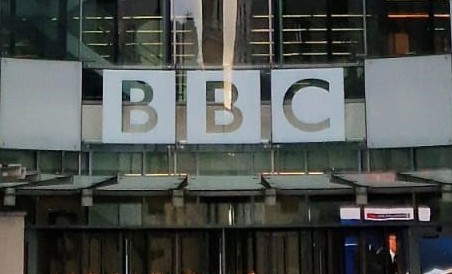
Reflecting the Nation: The BBC’s efforts to represent the UK’s diversity
·
Ofcom research indicates a steady decline in the hours of Religion & Ethics programming between 2010 and 2022. In short, there…
-
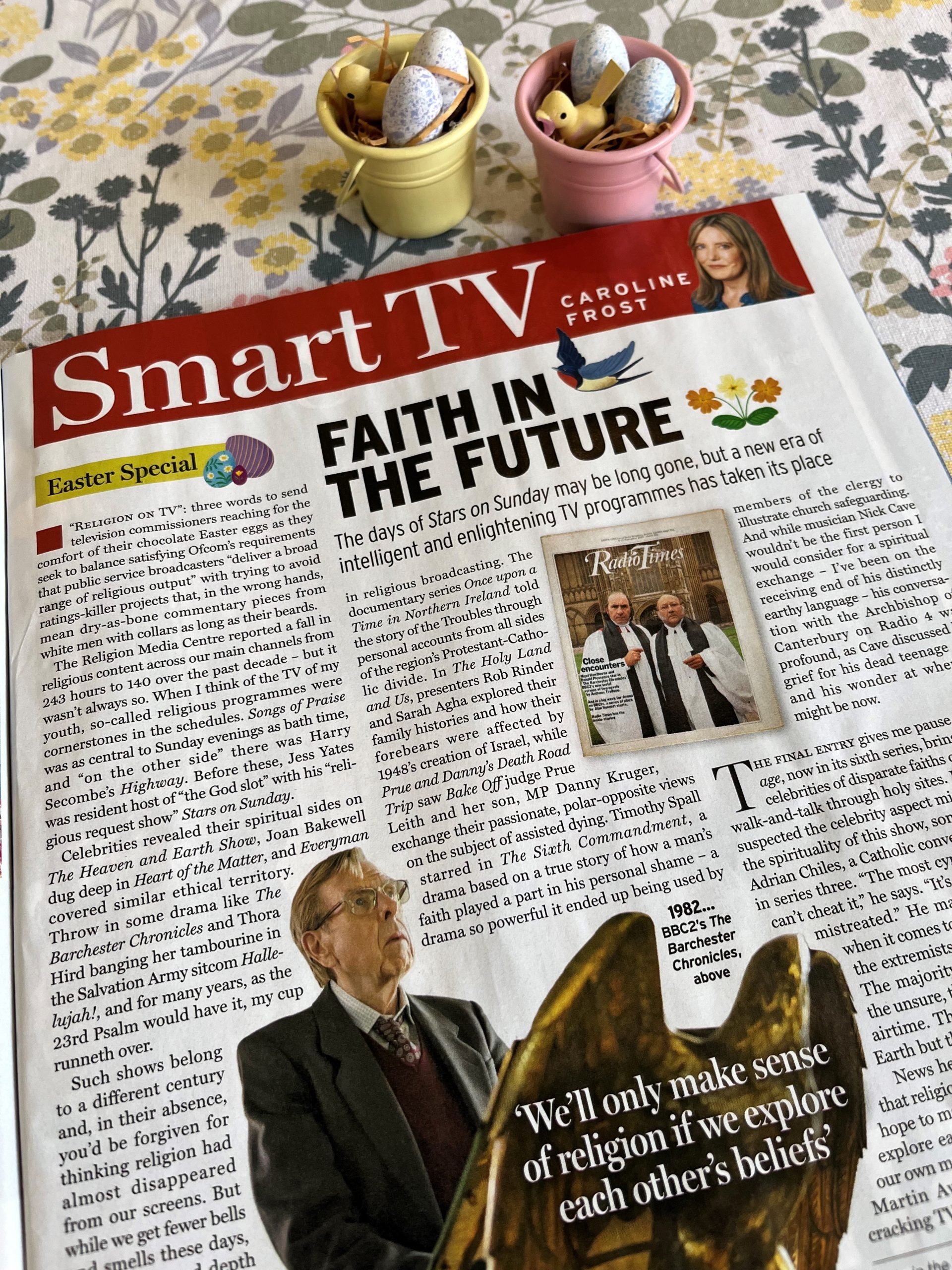
Faith in the Future
·
The days of ‘Stars on Sunday’ may be long gone, but a new era of intelligent and enlightening TV programmes…
-
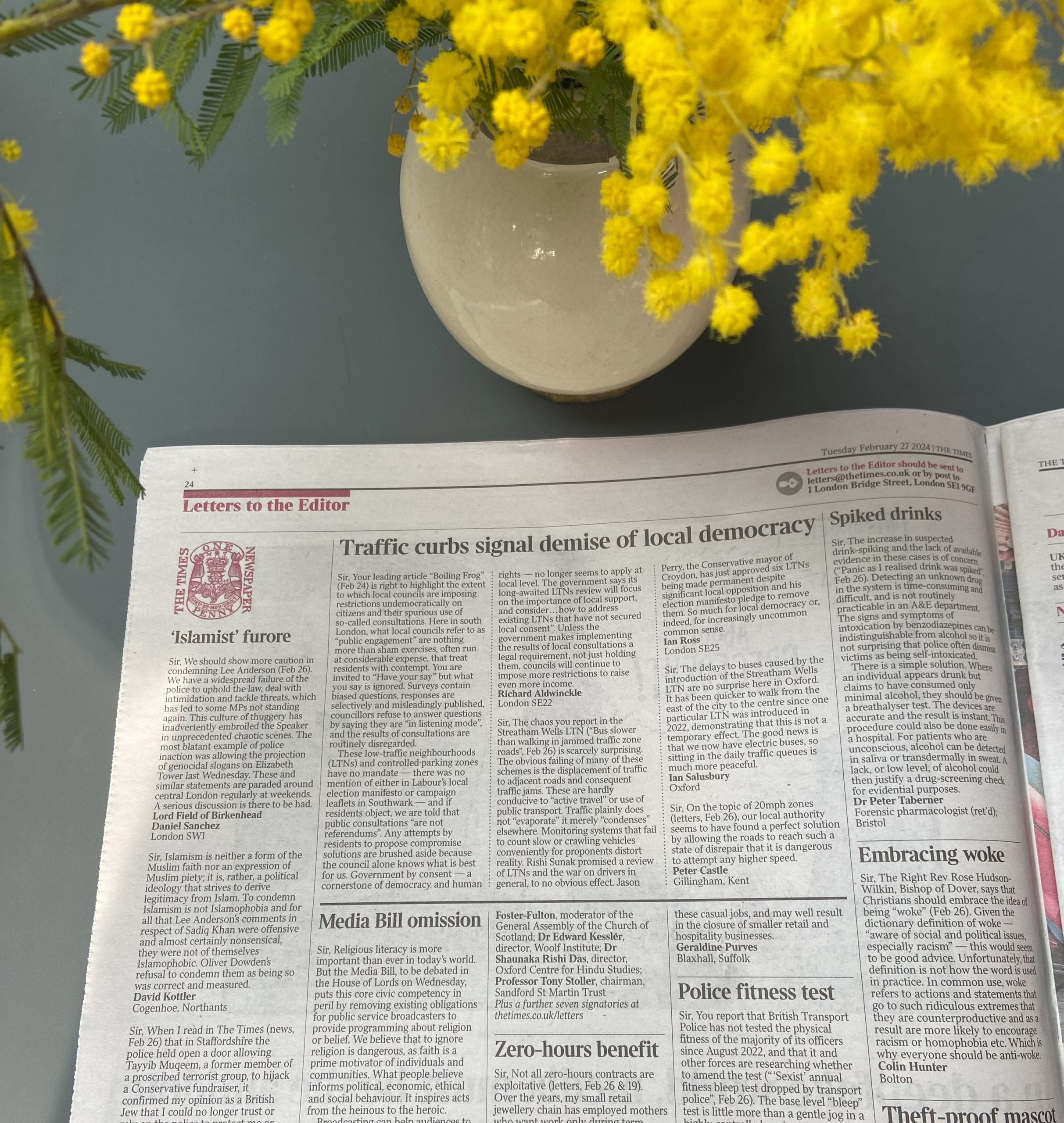
Open letter to the Times re: Media Bill Omission
·
Sir, Religious literacy is more important than ever in today’s world. But the Media Bill, to be debated in the…
-
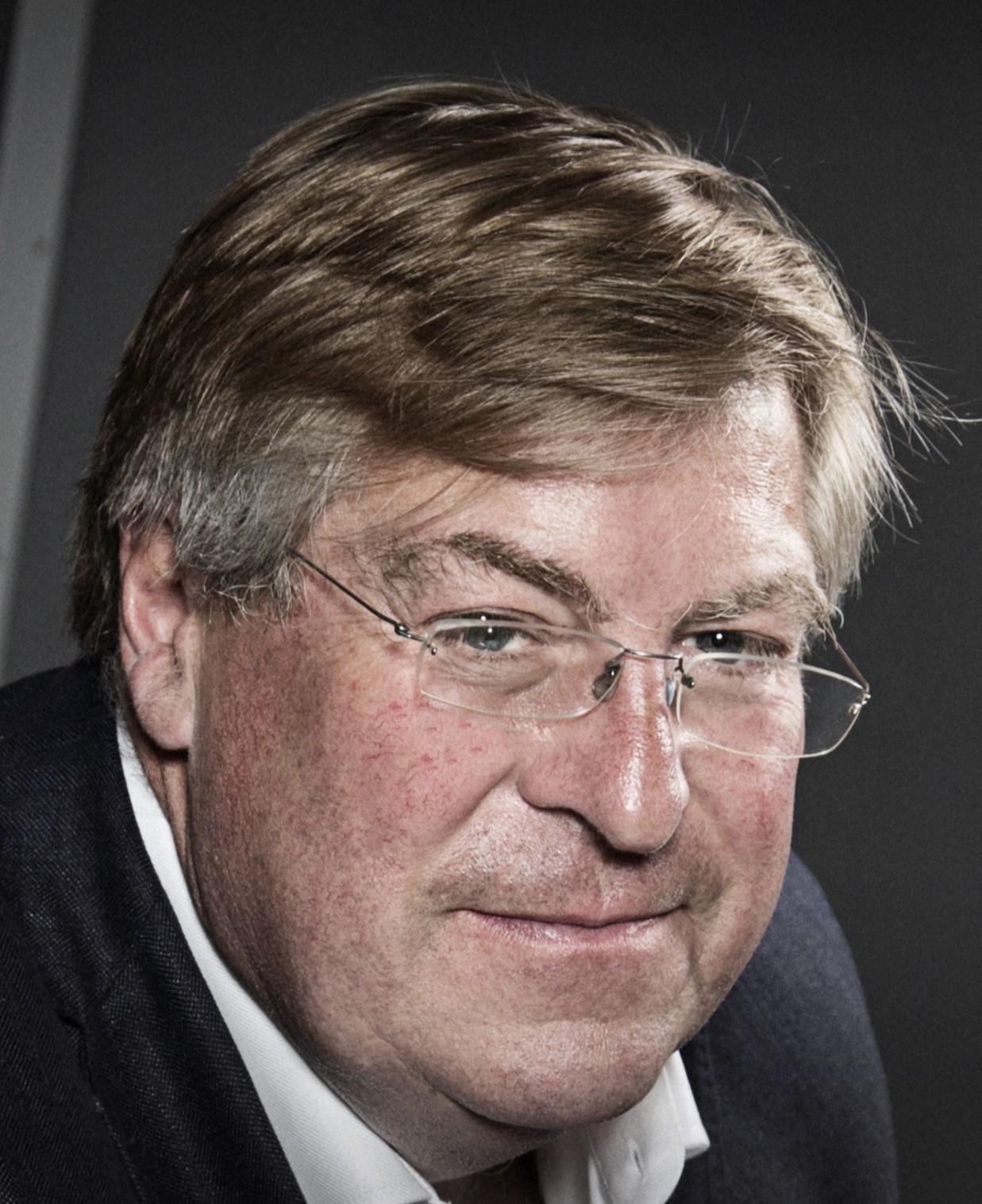
Keeping the Faith
·
Religion still deserves its place on the airwaves, says ‘Sunday’ host Edward Stourton For more than fifty years, BBC Radio…
-
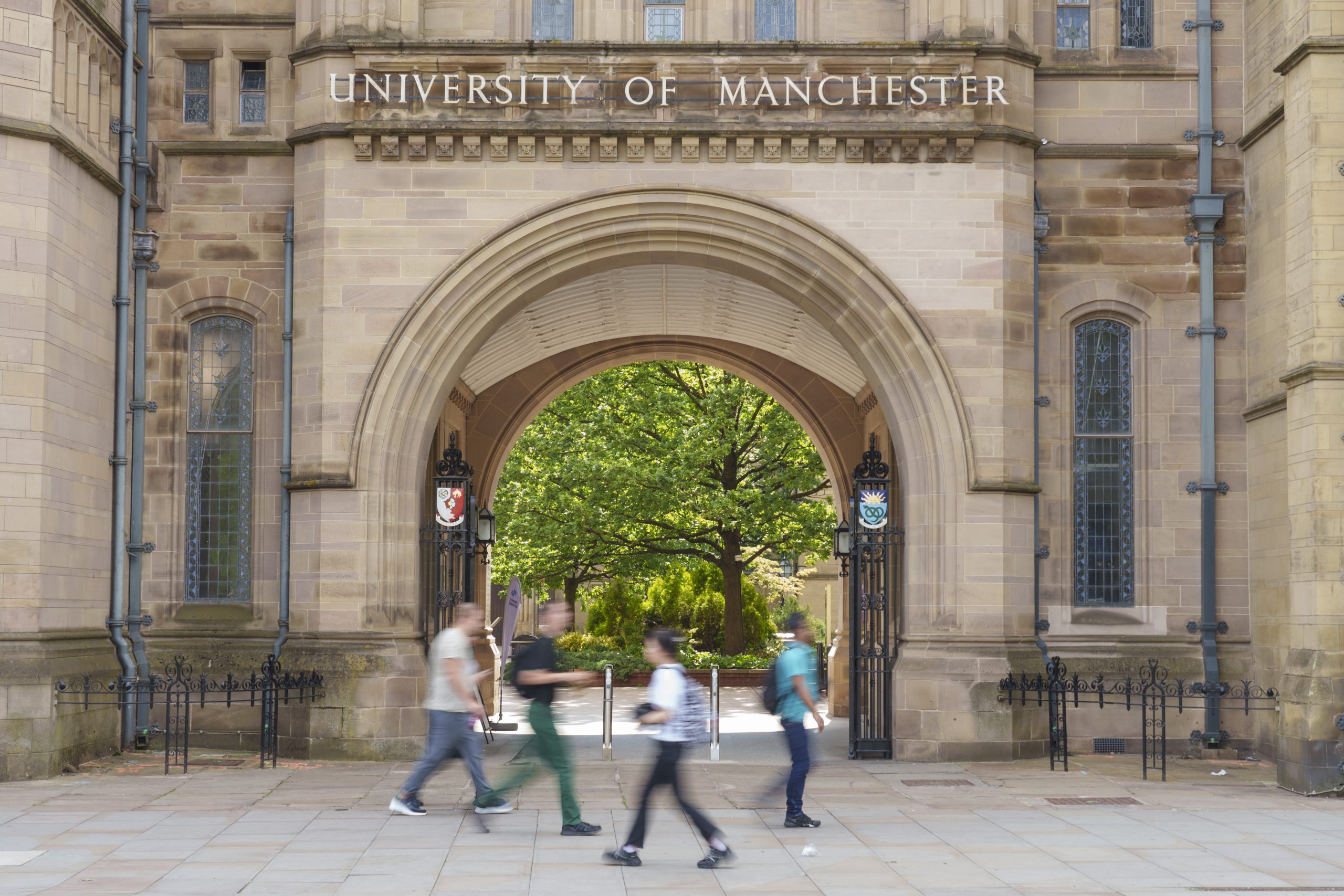
A brief history of religious broadcasting in the UK
·
The Sandford St Martin 2023 Awards ceremony was held in Manchester University’s Whitworth Hall. This is an excerpt from the printed…
-
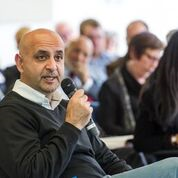
Religious broadcasting in a changing world
·
The face of religious Britain is evolving. Research suggests over the last two decades there has been a dramatic decline…
-

What it’s like to study Journalism when the world is on fire
·
Every year the Sandford St Martin Awards receive something in the region of 200 entries. Reviewing, carefully considering and, ultimately, identifying…
